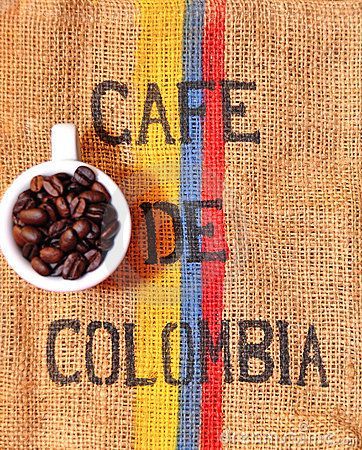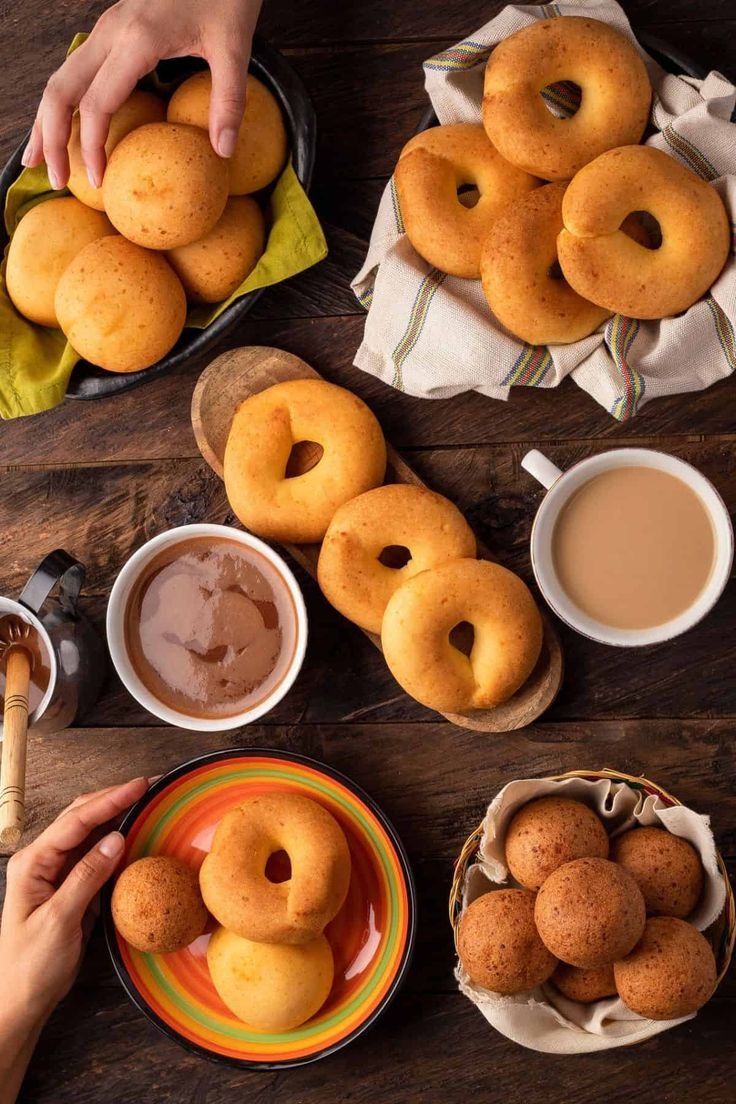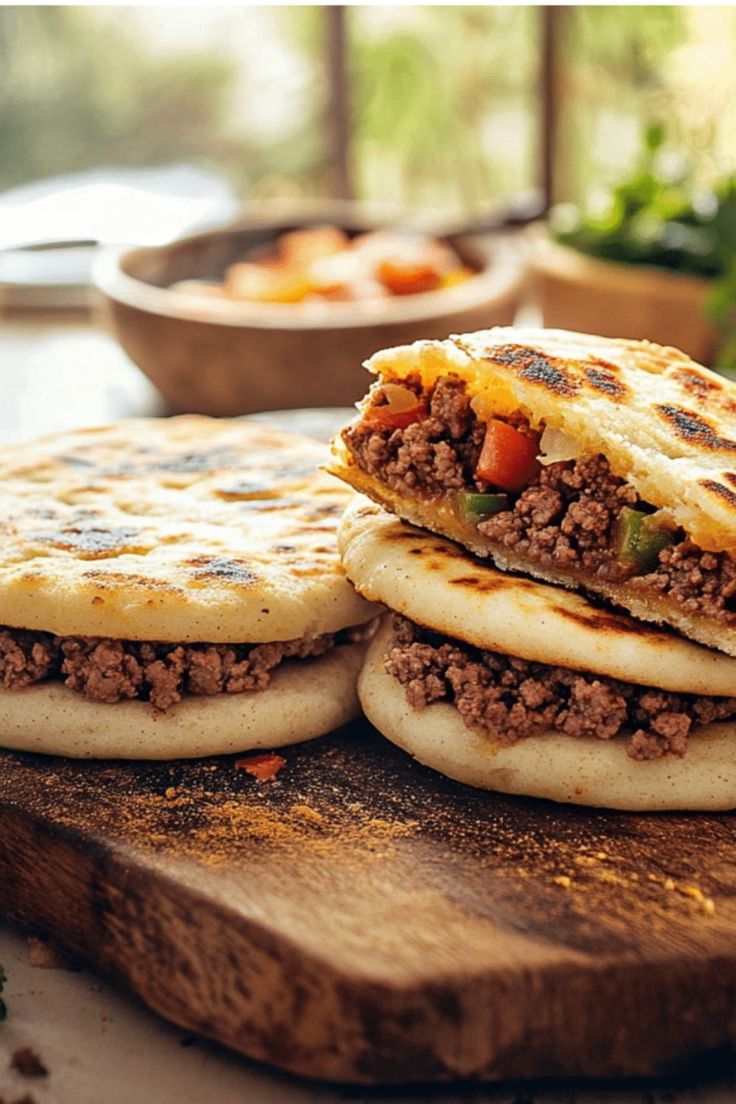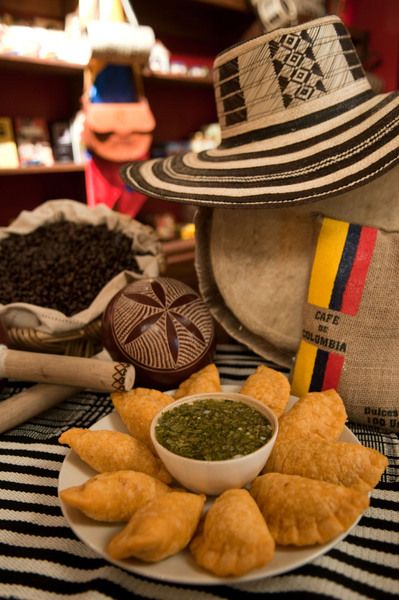Colombia is world-famous for its exceptional coffee, and for good reason. With its rich volcanic soil, ideal climate, and generations of skilled coffee growers, Colombia consistently produces some of the highest-quality beans on the planet. But Colombian coffee is more than just a beverage—it’s a deeply rooted cultural tradition that reflects the country’s history, economy, and way of life.
The Perfect Conditions for Coffee Growing
Colombia’s geography plays a crucial role in its superior coffee production. The country lies within the "coffee belt," a region near the equator known for its ideal coffee-growing conditions. High altitudes, abundant rainfall, and nutrient-rich volcanic soil create the perfect environment for coffee plants to thrive.
Colombian coffee is almost exclusively Arabica, a premium variety known for its smooth, rich flavors and balanced acidity. Key coffee-producing regions such as Antioquia, Huila, Tolima, and the Coffee Triangle (Eje Cafetero) yield some of the finest beans, with unique microclimates that influence flavor profiles. Depending on the region, Colombian coffee can have fruity, floral, chocolatey, or nutty notes.
The Art of Hand-Picking

Unlike mass-produced coffee, Colombian coffee is almost entirely hand-picked. Farmers carefully select only the ripest coffee cherries, ensuring superior quality and flavor. This labor-intensive process is essential for maintaining the high standards that Colombian coffee is known for.
Colombia’s coffee growers, known as cafeteros, have passed down their expertise for generations. Many are small-scale producers who cultivate coffee on family-owned farms, contributing to the country’s rich coffee-growing heritage.
A Unique Washing Process
Colombian coffee is traditionally washed (wet-processed), a method that enhances its bright, clean flavors. In this process:
- The coffee cherries are pulped to remove the outer layer.
- The beans are fermented to break down any remaining mucilage.
- The beans are then thoroughly washed and sun-dried.
This carefully controlled process helps preserve the smoothness and balance that Colombian coffee is celebrated for.
Coffee as a Cultural Tradition
In Colombia, coffee is more than a drink—it’s a way of life. It symbolizes hospitality, friendship, and national pride. The tinto (a small, strong black coffee) is a staple of daily life, enjoyed in homes, offices, and street corners throughout the country.
Colombians take immense pride in their coffee traditions, and visitors can experience them firsthand in the Coffee Cultural Landscape, a UNESCO World Heritage Site that showcases the country’s coffee heritage. Coffee farms (fincas) welcome travelers for immersive experiences, where they can learn about cultivation, harvesting, and brewing techniques.
Global Recognition
Colombian coffee has earned worldwide acclaim and is protected by a Denomination of Origin, similar to Champagne in France. The National Federation of Coffee Growers of Colombia, established in 1927, has played a vital role in promoting and protecting the reputation of Colombian coffee on the global stage.
Colombian coffee is consistently ranked among the best in the world, admired by specialty coffee roasters and connoisseurs alike. Whether enjoyed as an espresso, pour-over, or traditional tinto, Colombian coffee offers a rich, flavorful experience that reflects the country’s passion and expertise.
Colombian coffee is not just a beverage—it’s a story of tradition, craftsmanship, and deep connection to the land. Its superior quality, unique flavors, and the dedication of its coffee growers make it one of the finest in the world. Whether you're sipping a cup in Bogotá, Medellín, or your own home, every sip is a taste of Colombia’s rich coffee heritage.




